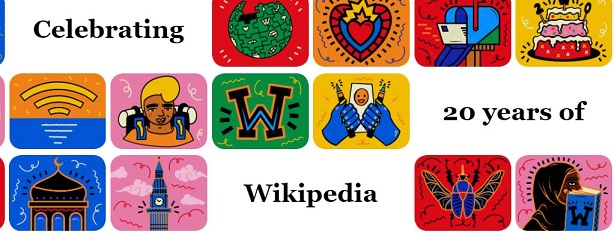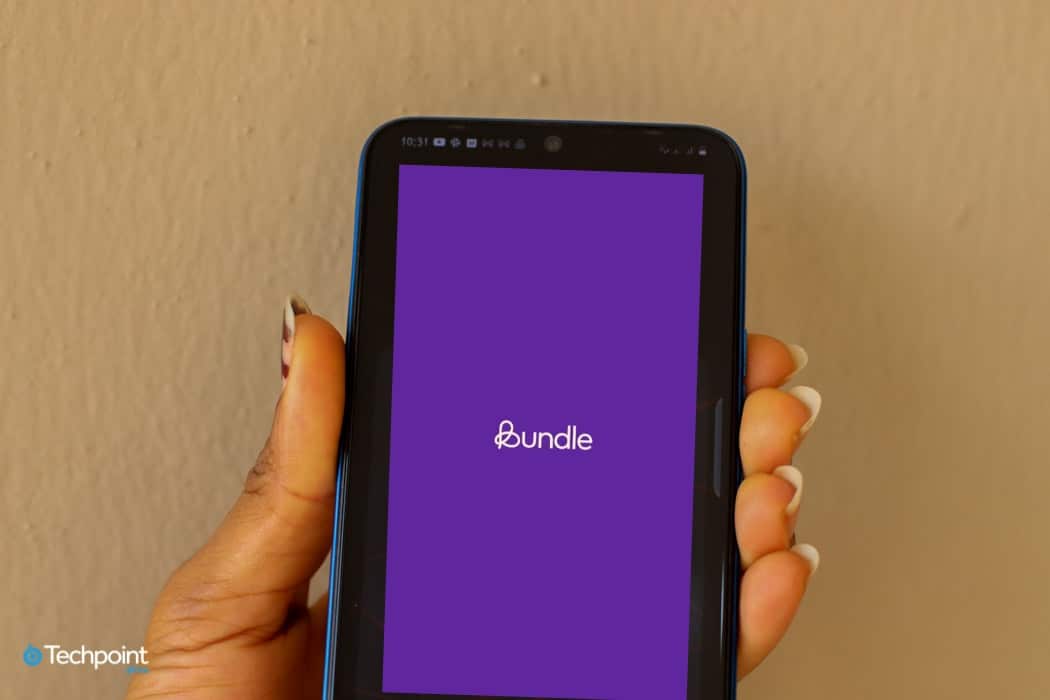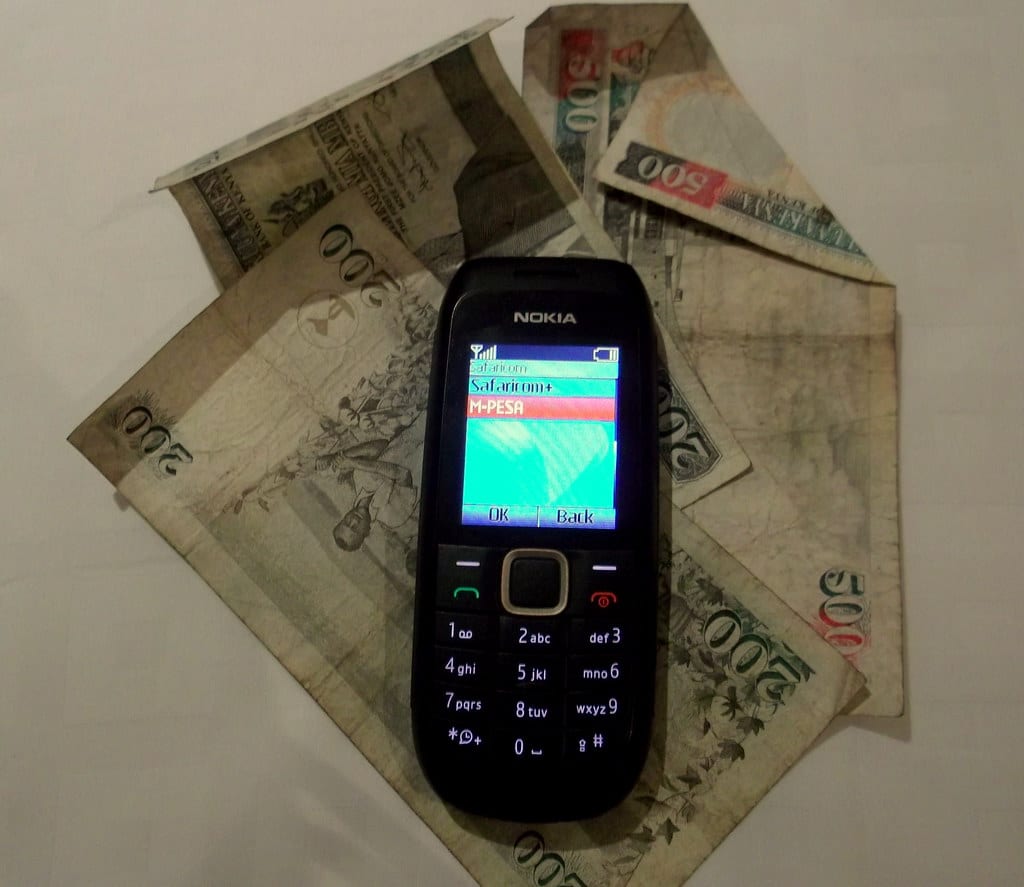Good day,
Oluwanifemi and Emmanuel here
Today we are discussing:
- Twitter takes on Substack
- Wikipedia’s growing African communities
- Bundle blows past $85 million in transactions
- Safaricom’s decent year, MTN continues dominance
Wikipedia and Africa

The story: On January 15, Wikipedia clocked 20 years. Amidst fanfare — if that best describes the virtual event held to celebrate the milestone — it celebrated the volunteers and supporters that have contributed to the global encyclopedia.
Who wouldn’t like Wiki? It’s an inexhaustible source of free knowledge on over 50 million topics. And all these were created by several Internet users like you and me.
In a comment by the Senior Regional Partnerships Manager for the Wikimedia Foundation, Rudolph Ampofo, there’s a growing community of contributors in Africa, 22 of them.
Let’s name names: On the list of volunteers recognised during this 20th anniversary is a Nigerian, Sam Oyeyele that joined the community in 2011 and is now an editor.
He is dedicated to creating pages about Nollywood movies and the cinema scene in Nigeria. He has also been at the top of some initiatives to encourage more Nigerians to contribute to content concerning the country.
Another person is Bobby Shabangu, a South African who mostly edits Wiki articles about historical subjects, current affairs, and other African subjects. He started contributing to Wiki pages in 2011. At a time, he was writing about monuments in Johannesburg.
What’s the reach like in Africa? The most recent data that I found on Wikipedia’s reach globally was from 2017. And it showed that Wiki visits are low for many African countries. This is partly due to the level of mobile penetration, and perhaps, information hoarding or people get discouraged by the process it takes to get an article into the encyclopedia.
Wiki tried to address that first challenge with Wikipedia Text. Back in 2013, it was launched in Kenya, where basic phone users could search Wikipedia through SMS. During the time this service was active, usage was very encouraging. And on the second hurdle…
… it’s not as easy as it seems: Even though Wikipedia is open to everyone, getting an article to the public space on it isn’t exactly the easiest thing to do.
Because it has to be properly researched and must contain links to relevant sources, after submission, the article is either approved, challenged, or deleted. Even after the article gets to public view, it needs to be regularly updated and verified.
I’m not proud of this, but it took me a while before I knew Wikipedia articles are written by volunteers worldwide, can be edited by a random person, and are not error-proof. Then, I even hated that my undergrad thesis supervisor warned me against citing wiki pages. Now I know better.
What’s your own Wiki story?
Read more: Wikipedia: We’ve helped amplify more African stories
Twitter introduces Newsletter to Twitter Web

Barely two weeks after its acquisition of Revue, Twitter has added a Newsletter feature to its web version. This was quite expected, but we don’t know when it will be available on the mobile app.
On the acquisition, Twitter Product lead, Kayvon Beykpour said the plan is either for Revue to be a standalone app or be added as a feature on Twitter. Now we know what they were up to.
Although it is still in the beta test stage, we have an idea of how it works already. Popular newsletter platform, Substack is the best-known example of what Twitter newsletter will look like. Only that this allows you to seamlessly embed tweets, and also have access to other built-in features.
Extra details: Users can either create newsletters for free or use a plan where Twitter will take 5% commission on every subscription, unlike Substack that takes 10%.
Recall, Twitter is targetting this product towards writers, journalists, and publishers to hold conversations, increase their following and get paid while at it.
This feature will allow you to own your email lists — import a list and at the same time export from Twitter to other tools.
There’s more to this: Again, this is another threat to the news media. Newsletters have become many writers’ “mini media room”, and they are competing for the attention of readers just like news media platforms are.
When the host has achieved a level of following and trust, say for working for a media company before, it becomes easier to monetise it.
Algorithms appear to be the bane of social media timelines as readers may, sometimes, not see what you want them to see. But it is better with emails. This explains why more platforms are interested in the service.
Meanwhile, Facebook is also planning to have a newsletter feature soon.
Bundle blows past $85 million
Nigerian startup, Bundle, posted on Twitter that it recorded $85.5 million worth of crypto transactions. The 10-month old startup, founded by Yele Bademosi, Founding Partner, Microtraction and formerly a Director at Binance Labs says it gained 124,000 users in 2020.
The company did not state if the number were unique users. Interestingly, it also claims that it recorded 1.5 million successful transactions.
The background: Recall that with numbers from Busha, Buycoins, and Bitsika, we surmised that Nigeria traded at least $400 million worth of crypto in 2020. Bundle’s numbers may have raised that number by another $100 million.
We can conclude: Quidax, one of Nigeria’s earliest and largest exchanges has not yet revealed its numbers, and Usefultips already places the figures for Bitcoin trading alone at $368 million in 2020.
We can safely surmise, once more, that Nigerians traded over $500 million worth of cryptocurrency in 2020.
Looking forward: The new year already promises even bigger numbers. Yele Bademosi already claims the company made more revenue in January 2021, than it did in the entire year 2020.
South Africa’s Crypto trading drops by 10% in January
What happened? In January 2021, daily crypto trading volumes in South Africa dropped by 10% according to a Technext report.
Why? South Africa is clamping down on crypto in response to widespread scams and a booming crypto market. Stringent regulations are on the way, and crypto traders are expected to remit taxes on any gains they make from crypto.
This is not the best outcome one could hope for, and there’s every reason to assume that traders could find ways to avoid the regulator’s gaze.
While Nigeria was second in the world, South Africa was 10th and second in Africa, in terms of crypto trading.
As long as regulations come to drive growth instead of stifling it, the space will only wax stronger.
We can continue this conversation at the Digital Currency Summit 2021. Click this link to register.
Safaricom’s torrid year, MTN continues dominance
Thanks to the pandemic, 2020 was a difficult year for most businesses. The ravaging disease has brought significant economic threats to digital media, telecoms, e-commerce and others.
For Kenya’s largest telecom company, it was a pretty mixed year.
- The operator saw its customers go up by 11.9% in 2020 to 35.6 million.
- Mobile data customers increased by 14.2% to 22.0 million users.
- The company’s famous M-Pesa is currently serving 24.9 million customers up 10% from 2019.
- Voice revenues dropped by 1.4% to Ksh 94 billion ($855 million), but it remains its biggest cash cow behind its services revenue.
- Mobile data grew 12.1% to Ksh 40 billion ($367 million), and M-Pesa revenues grew 12.6% to Ksh 84 billion ($766 million).
The big picture: Safaricom is Kenya’s largest telco by a wide margin, and some of its competitors rely on its infrastructure to deliver their own services. The company has been able to brave the storm of COVID-19 to end the year 2020 on a decent note.
Over 90% of its users now have 3G coverage, and 77% can access 4G LTE.
It’s not all rosy, though. The company has had to look to lenders to fund its proposed Ethiopia entry, and it reportedly fired 16 staff over fraud.
Nonetheless, it remains to be seen how Safaricom positions itself in 2021, and what will become of its Ethiopia licence bid.
Nigeria’s Internet market in 2020
The story: According to the Nigerian Communications Commission (NCC), Nigeria ended the year 2020 with 204 million mobile subscribers up 10% from 2019. Internet subscribers also increased by 22% in the same period. This brings the number of new mobile subscribers to a total of 19.8 million and additional Internet subscribers to 28.1 million.
I, however, noticed that subscriber numbers could have been higher. Nigeria lost up to 3.3 million mobile subscribers and 563k Internet subscribers between November and December 2020.
You could attribute this to the arrival of the new directive to suspend sales of new SIM cards and link existing lines to a National Identification Number (NIN) or get blocked.
The biggest fish: MTN, Nigeria’s largest network accounted for over 50% of new mobile subscribers and 40% of Internet gained in 2020. Glo, Airtel, had to divide the leftovers of the market.
- MTN – 60% mobile and 40% Internet subscribers
- Airtel – 27% of mobile and 24% Internet subscribers
- Glo – 15% mobile and 39% Internet subscribers
- 9Mobile – lost over 650k mobile subscribers and 920k Internet subscribers.
A step back: Nigeria has ambitions of 90% 4G/5G penetration in 2025, and the success of this ambition lies with the success of its telcos and infrastructure providers like MainOne and IHS.
However, the NCC’s subscriber numbers have to be taken with a pinch of salt. As we’ve learnt during the NIN linkage exercise, the average Nigerian subscriber links at least 3-4 SIMs to a NIN.
There might be just 58.2 million unique mobile subscribers and 43.7 unique Internet subscribers in Nigeria. These numbers are subject to the outcome of SIM registration in Nigeria.
What else we are following
- Hellboy publisher, Dark Horse Comics will now exclusively publish Roy Okupe’s YouNeek Comics
- Citron Research that Called Jumia Fraud, Ends 20 Years of Short Selling Report After Losing Big on GameStop
- Keep in mind: Register for the Digital Currency Summit with this link.
Have a great day!
Oluwanifemi Kolawole & Emmanuel Paul for Techpoint Africa.







